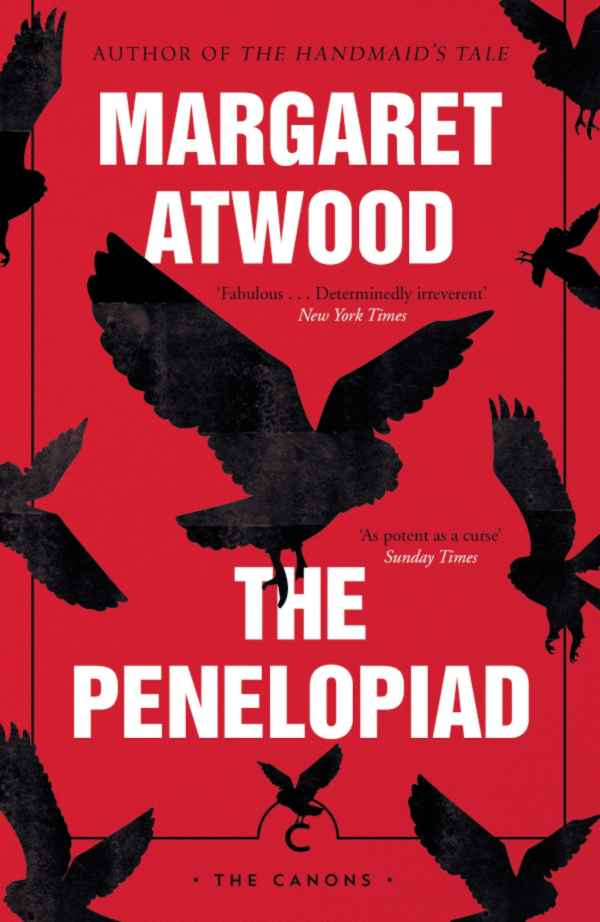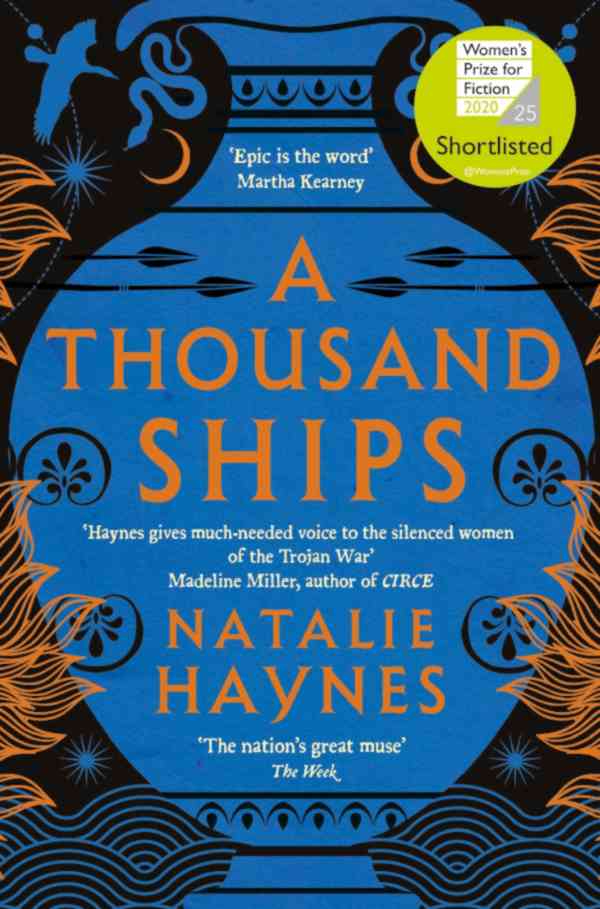How much Greek did your secondary school teach? At my small, country, grammar school we did plenty of Latin but definitely no Greek. However, I was fortunate in that my English teacher obviously had a penchant for Greek myths and we spent many hours becoming familiar with the relationships and activities of a whole variety of gods and goddesses and their very many hangers on and groupies. Latin lessons focussed on Virgil’s Aeneid but Homer’s Odyssey and the Iliad were far more fun.
In the last few years a sort of micro-genre has appeared. It has always seemed a good idea to retell Greek myths in your own words. Roger Lancelyn Green is memorable from those early years at secondary school and Robert Graves was seen as definitive in his Penguin book of Greek Myths from 1955 but many decades later women writers have been retelling these stories with a decidedly female slant, or maybe taking a feminist approach if you wish. This will depend on your personal stance.
Margaret Attwood’s offering is ‘The Penelopiad.’ Traditionally in the background of the long and convoluted story of Odysseus, Penelope, his wife, sits silently weaving and then surreptitiously unpicking her work, in order to avoid the crowd of suitors gathering in her hallway. Homer, the writer of the Odyssey, does not colour Penelope in. She is left grey and undefined and here then is Margaret Attwoods raw material. Penelope evolves from her mythical role as faithful and devoted wife into an irreverent heroine, written in technicolour and spinning her own story.

Attwood is a prolific and often disconcerting writer. At present she is probably best known for The Handmaid’s Tale, made into a well reviewed television series. I find her frequently dystopian take on matters not always to my taste, certainly for bedtime reading, although this in no way prevents me from being in awe of her skill.
In ‘The Penelopiad,’ she cleverly bridges the gap between ancient and modern and makes the reader question and consider their own attitudes towards stereotypical roles. The writing is witty and acerbic as Attwood imagines what Penelope may have been thinking during those long, tedious years waiting for the return of Odysseus and reminds us what egregious behaviours powerful men are often allowed to get away with. Plenty of resonance here with recent times I think.
At the end of the Odyssey, Odysseus returns home to Ithaca and kills all the suitors who have been after his wife and his estate. Homer does not make explicit as to why then the ‘hero’ goes on to hang his wife’s 12 maids. It is left almost as a footnote and again provides the author with ideas upon which to build. These maids are Penelope’s eyes and ears in different situations and Attwood neatly and confidently employs the device of a Greek chorus to weave these maids into the story as they inform, advise and support their mistress.
This story is written in the first person, told to us by Penelope, which I find so satisfying and effective. It makes the reader feel inside the story, as if you are a confidante of this beleaguered woman. This is not a long book, indeed some reviewers call it a novella. I found it an easy read and one that sticks in my mind. I shall revisit it.
‘A Thousand Ships’ by Natalie Haynes includes Penelope and her thoughts about the continued absence of her husband but it also focuses on the Trojan women and their plight as the Greeks conquer their city through the device of the Trojan Horse. Haynes deftly breathes life into these the women and her writing is pacy and and compelling.

Calliope, the goddess of epic poetry, is the narrator and at the end she says: ‘ And I have sung of the women, the women in the shadows. I have sung of the forgotten, the ignored, the untold. I have picked up the old stories and I have shaken them until the hidden women appear in plain sight. I have celebrated them in song because they have waited long enough.’
This is an elegant and subtly subversive re-seeing of the classics. If this might work for you, then other authors to search out would be Pat Barker and Madeline Miller.
I wish you a satisfying read.
